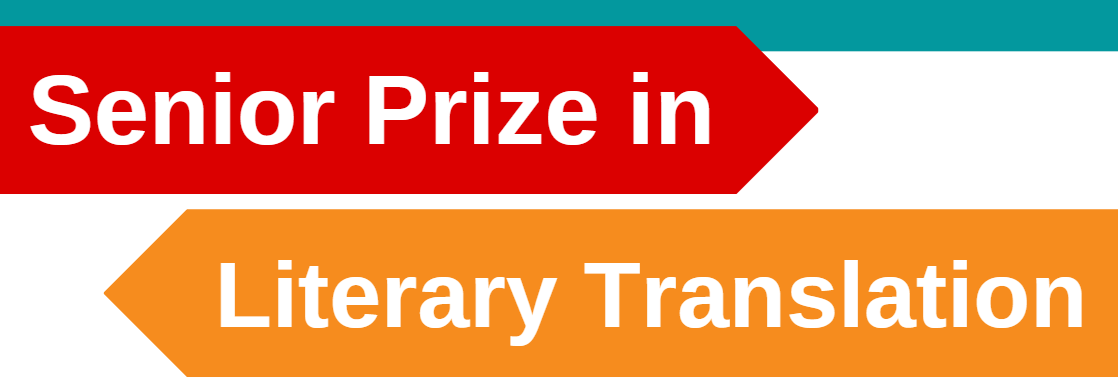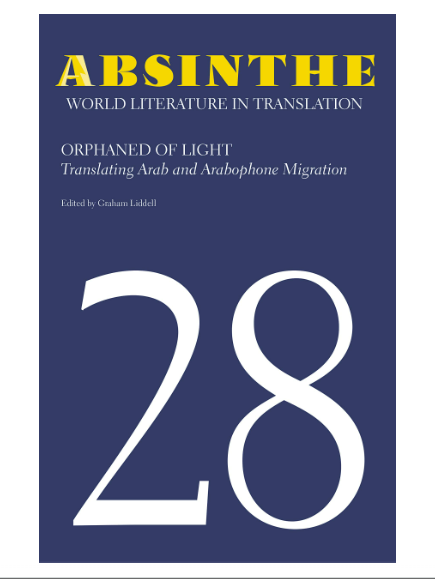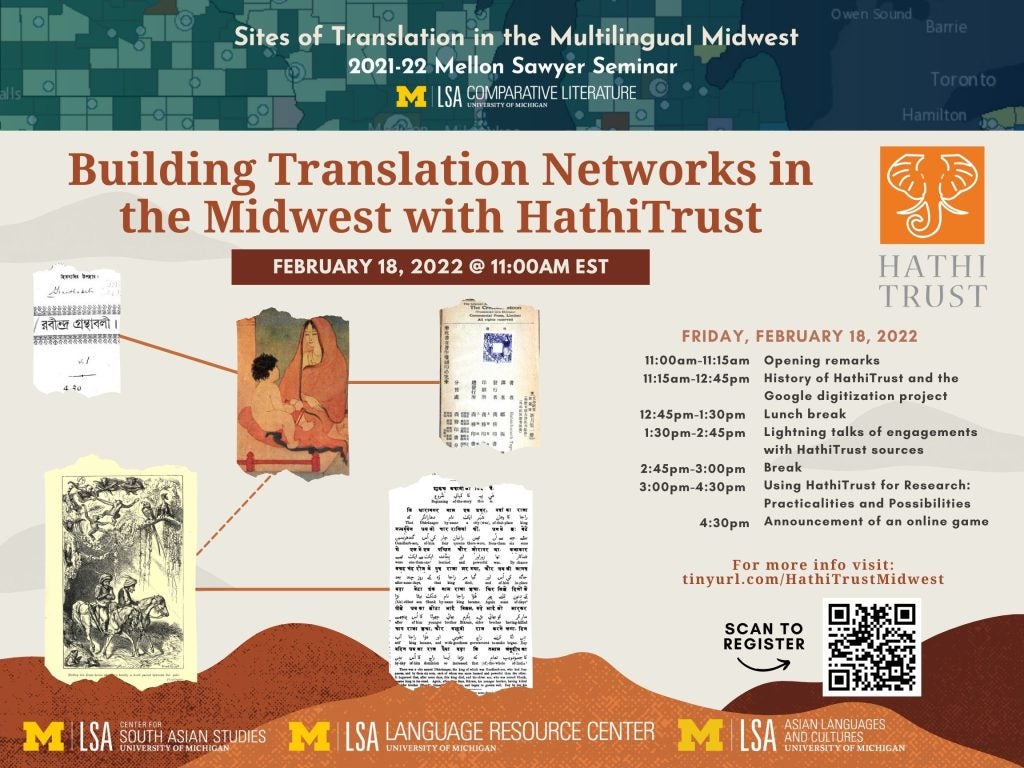Join us on Friday March 18 for the sixth seminar in the Mellon Sawyer Seminar series “Sites of Translation in the Multilingual Midwest”
Visiting speakers: Clare Cavanagh (Northwestern), Yakov Klots (Hunter College), Joanna Trzeciak (Kent State) and Russell Scott Valentino (Indiana)
Local speakers: Herb Eagle (UM Professor of Slavic Languages and Literatures), Jindřich Toman (UM Professor of Slavic Languages and Literatures), Piotr Westwalewicz (UM Lecturer in Slavic Languages and Literatures)
Since the early 1960s and continuing to this day, if an American is reading a book by a contemporary Central European writer, chances are extremely good that the book was translated and/or published at one of a small handful of universities in the Upper Midwest. Michigan, Indiana, Iowa, and Northwestern, among a few others, have long served conspicuously as conduits for writers living in a kind of historical—and, for much of the twentieth century, political—frontier. It is through these institutions that many such writers have entered the world literary marketplace. Though rarely remarked, this concentration of activity has deep demographic, cultural, and geopolitical roots, tying the middle of one continent to the middle of another and providing a durable link between immigrant communities and their points of origination.
This interdisciplinary seminar retraces the institutional history of midwestern translation networks for Eastern European literature. The day’s activities, which are intended both for our scholarly community and the general public, will include a panel on Ann Arbor’s conspicuous role as a hub of Eastern European literature; an online and in-person exhibit of archival and print materials; an expert panel on tamizdat (banned literature published abroad and often smuggled back into its country of origin); an expert panel on the present and future of globalizing Eastern European and Central Asian literature; and a celebratory reading of poetry in translation.
Date and time: March 18, 2022, 10-4:15 ET
Location: 1010 Weiser Hall, 500 Church St.
Program:
10-10:45: “Samizdat from a Basement in Ann Arbor”: Piotr Westwalewicz, Herbert Eagle, Jindrich Toman
11-11:45: Presentation of Building Bridges Over Walls Exhibit (graduate students)
12-1: Tamizdat and the Cold War: Yakov Klots (Hunter College, The Tamizdat Project) and Jessie Labov (Central European University)
2-3: Translation Networks Today: Russell Scott Valentino (Indiana University, Slavica Publishers) and Joanna Trzeciak (Kent State University)
3:15-4:15: “Listening against Silence”: A Reading of Literature in Translation with Clare Cavanagh (Northwestern University)
In person for U-M students, faculty, and staff. Registration for in-person attendance is required. Please RSVP here by March 15: https://forms.gle/8hJFgWfxBFo1oQWA8
To attend via Zoom, register at: https://myumi.ch/9P43d








